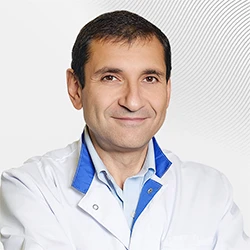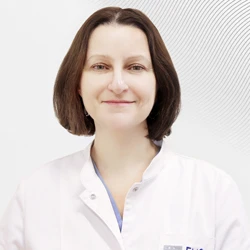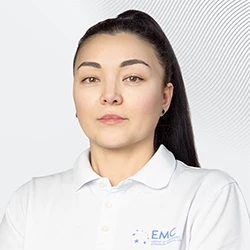Chronic kidney disease
Fortunately, kidney failure does not occur instantly, and modern medical technologies are developing so rapidly that patients with chronic renal failure (CRF), or chronic kidney disease (CKD) are now they can lead a full life.
The European Medical Center's patients are provided with the most modern techniques that help even with stage 4 CKD.
STAGES AND SYMPTOMS OF KIDNEY FAILURE
The manifestations of CKD depend on the stage of the disease.
-
At stage 1, the disease is asymptomatic. It can only be suspected when conducting laboratory examinations. Usually, the test results of a patient with the initial stage of CRF show a slight increase in blood creatinine – no more than 440 mmol/L.
-
The first symptoms may occur in stage 2. A person is thirsty and feels dry mouth. Fatigue appears that is not related to physical exertion. The volume of urine output decreases. Creatinine levels in the biochemical blood test increase to 880 mmol/l.
-
At stage 3, the signs of kidney failure increase. My overall health is getting worse. The appetite disappears, the person loses weight. The test results show creatinine levels up to 1320 mmol/l. There is also a violation of the acid-base balance in the body, which is reflected in a lowered pH level according to the results of the tests.
-
At stage 4, increased fatigue, thirst, and dry mouth are accompanied by heart failure, impaired lung function, liver function, swelling of the extremities, and uremic intoxication of the body. The symptoms of intoxication are similar to those of ordinary poisoning.
CAUSES OF KIDNEY FAILURE
A number of factors can provoke the destruction of renal tissue, as a result of which CRF develops.:
-
Primary kidney diseases (glomerulonephritis, pyelonephritis, etc.)
-
Cardiovascular problems (high blood pressure)
-
Endocrine diseases (diabetes mellitus)
-
Toxic kidney damage
-
The genetic factor.
Acute renal failure can lead to CRF in the absence of timely treatment. Unlike chronic insufficiency, the acute form is easy to recognize. It is manifested by abdominal pain, headache, and nausea. In more severe cases, swelling of the extremities, diarrhea, and vomiting are observed.
DIAGNOSIS OF CHRONIC RENAL FAILURE
The diagnosis of CKD is confirmed by the results of laboratory tests. The stage of the disease can be determined by the glomerular filtration rate (GFR). GFR shows how much blood passes through the kidneys in one minute.
Radiation diagnostic methods help to clarify the size and contours of the kidneys.
TREATMENT OF CHRONIC RENAL FAILURE
The principles of treatment of chronic insufficiency depend, among other things, on the cause of the pathology. If the disease is caused by other diseases, if possible, the correction of existing pathologies is carried out with regular supervision of the patient by the attending physician. With chronic kidney disease on the background of diabetes, you need to constantly monitor your sugar levels and follow a strict diet. If there are problems with blood pressure, it is necessary to regulate the blood pressure level, preventing its increase.
Drug treatment may be effective in the early stages of CKD. But in the later stages of kidney failure, it is powerless.
Unfortunately, none of the types of treatment is able to completely eliminate the pathology. However, modern methods of treating renal failure used in EMC effectively slow down the development of CRF, reduce the clinical symptoms of the disease, and significantly improve the patient's well-being.
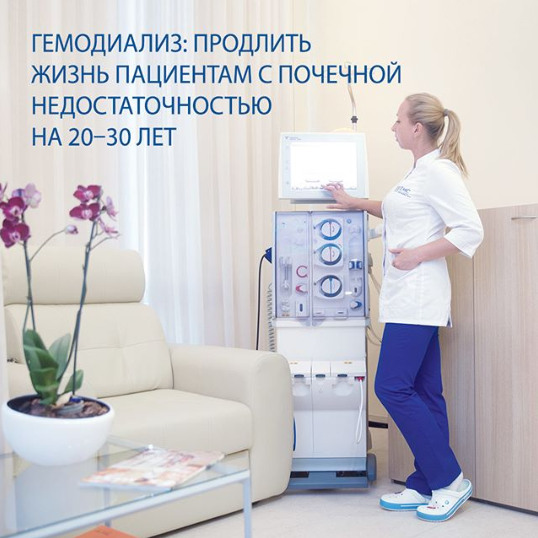
At the European Medical Center, patients can undergo the most effective non–surgical treatment for kidney failure to date - hemodialysis. The essence of the procedure is that the dialysis machine takes over the function of the affected kidneys and performs their work: removes toxins and excess fluid from the body.
The procedure should be performed three times a week for a duration of four hours.
How to prepare for hemodialysis
There is no need to prepare for each procedure. However, to begin treatment, the doctor makes a special access to the patient's forearm (fistula) once, through which blood will flow into the device.
The technique has contraindications. Therefore, before therapy, the patient must undergo an examination to exclude oncological diseases, cirrhosis of the liver, chronic hepatitis and other pathologies.
ADVANTAGES OF CONTACTING THE EMC
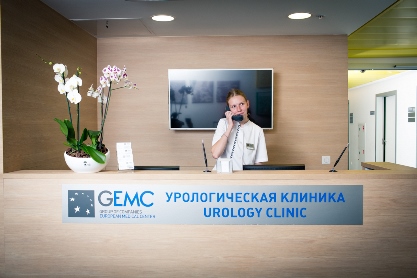
-
We perform dialysis using the latest generation Fresenius 5008 device.
-
All conditions have been created at the EMC for comprehensive diagnosis and renal replacement therapy for CKD at any stage.
-
An international team of urologists.
-
We work according to European and American protocols.
Why the EMC
The first and only clinic in Russia, created in the image of the world's leading clinics
EMC is a multidisciplinary center offering patients a high level of medical services and a personalized approach
Worldwide recognition and awards
 Learn more
Learn more
Worldwide recognition and awards
 Certificates and licenses
Certificates and licenses
Make an appointment for a consultation
Specify your contacts and we will contact you to clarify the details
Reviews
and new products of the EMC
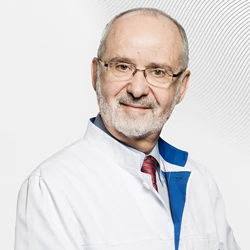
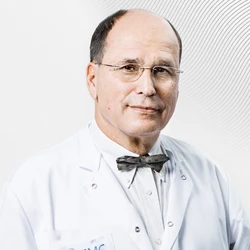
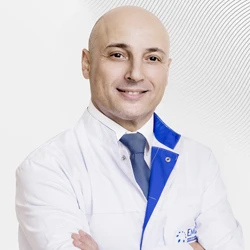

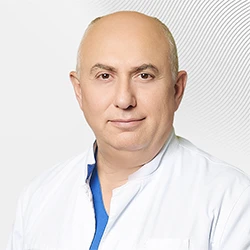
.webp)

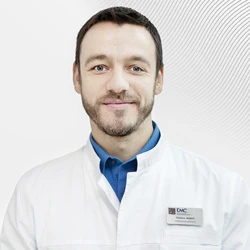
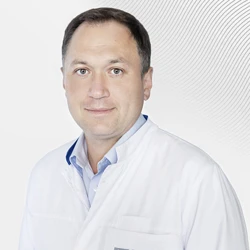
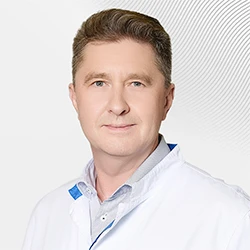


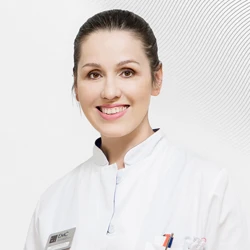
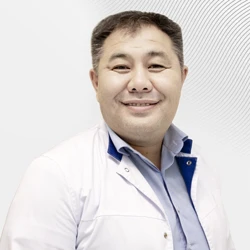
.webp)

.webp)
